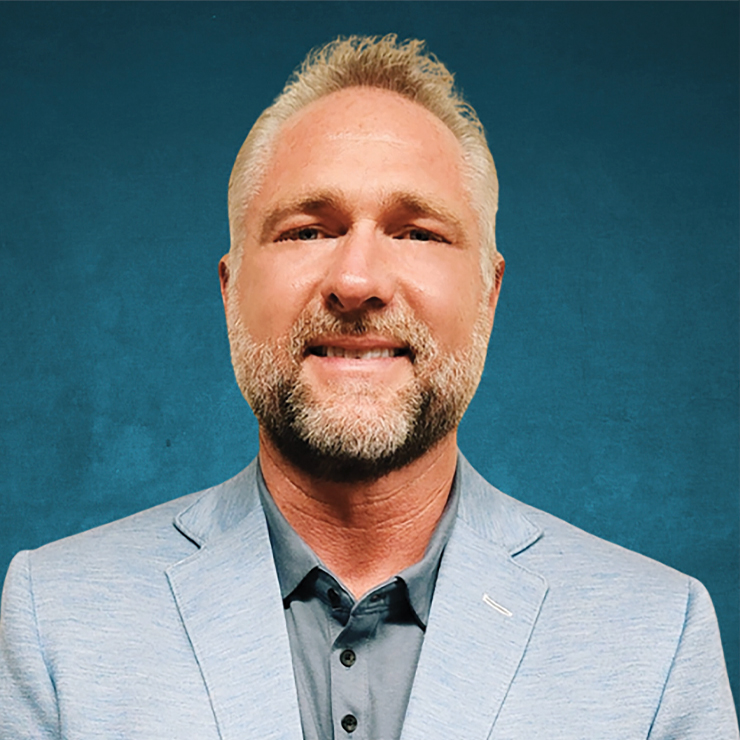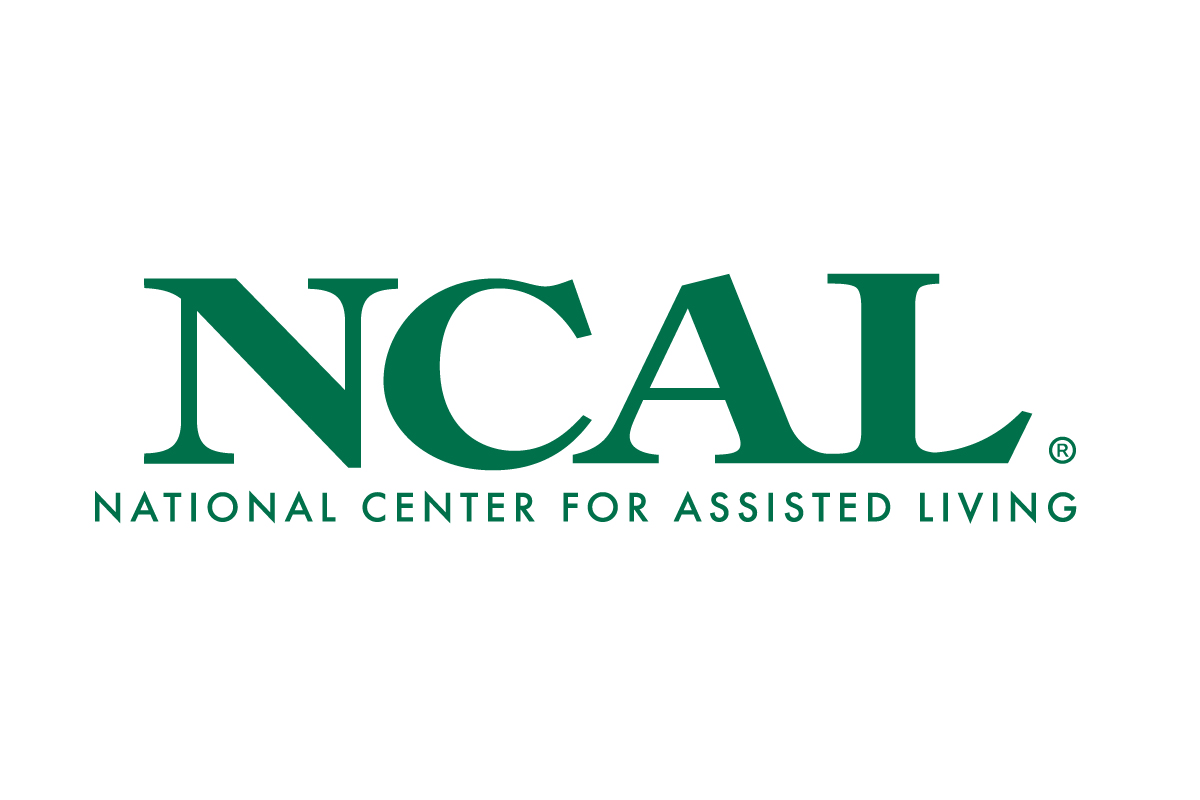NCAL Board Chair Mark Maxfield Is Excited for the Future of Assisted Living
3/11/2024
 Mark Maxfield brings a great deal of experience to his new role as chair of the board of directors of the National Center for Assisted Living (NCAL). Previously NCAL’s vice chair, he has also served on the board of the Idaho Health Care Association and the Community Care Advisory Council. He’s also the CEO and owner of The Cottages, an assisted living and memory care provider serving his home community of southwest Idaho.
Mark Maxfield brings a great deal of experience to his new role as chair of the board of directors of the National Center for Assisted Living (NCAL). Previously NCAL’s vice chair, he has also served on the board of the Idaho Health Care Association and the Community Care Advisory Council. He’s also the CEO and owner of The Cottages, an assisted living and memory care provider serving his home community of southwest Idaho.
Maxfield entered the industry almost 23 years ago after working as a social worker in group homes for boys. He made the switch thanks to his father, who called him one day and asked if he wanted to get into the assisted living business. “He said, ‘We’re going to take care of people like your grandpa,’” Maxfield recalled. It was a compelling pitch. He had been very close with his grandfather, who lived to 100 years old and, despite not needing the level of acute care provided in a skilled nursing facility, spent years living in one because there weren’t enough assisted living options in the area. “I thought, ‘Yeah, I would love to do a venture with my dad and to take care of people like Grandpa.’ So I moved my family back to Idaho.”
Maxfield and his father built The Cottages’ first location in a town called Emmett, on land that Maxfield’s grandfather had owned. More than two decades later, they operate communities across the region. As the company’s longtime CEO, Maxfield has watched the profession undergo considerable transformation. “Back then, it was all about building a product that you hoped would show interest for the elderly,” he said. “I have incredible staff that do a great job, but I probably spend more of my time, effort, and resources building them than I do in marketing and trying to find residents.”
‘You Have to Be Present’
What does it take to build incredible staff? For Maxfield, it’s a simple philosophy: People don’t want to be managed; they want to be led. Maxfield came to believe this even before The Cottages opened its first location, when he took a job as a caregiver. “I wanted to experience what it was like firsthand to be a caregiver,” he recalled. “If I was going to hire caregivers and lead them, I wanted to know what it is they do.”
Maxfield worked in the role for about six months, and it was an eye-opening look at the work it takes to keep the assisted living industry running. “It gave me a peek at what the day-to-day life is like for a caregiver and the things they deal with,” he said. “The joys of meeting people and talking with incredible souls, and then the lows of seeing them pass, saying goodbye to your friends, and everything in between, working late nights and double shifts. It really has given me incredible appreciation for what they do.”
Years later, he still believes in showing up on the front lines as often as he can, even if it’s not as often as he likes. “You have to be present,” he said. “I make myself available, not just to administrators, but to caregivers as well. They know who I am, and I do my best to know who they are. Same with the families. They need to know that the leaders of the company are present, and they listen, and they care.”
Keeping AHCA/NCAL at the Forefront
As NCAL board chair, Maxfield’s top priority is keeping the American Health Care Association (AHCA)/NCAL relevant, especially in a busy election year. “The aging of society is going to bring some very interesting challenges for us as providers and advocates for the elderly,” he said. “I want to make sure NCAL stays on the forefront and the minds of our legislators and the policymakers—not just for funding but to keep legislation in check.”
One key legislative concern is minimum staffing rules. “Some might say, ‘Oh, that’s just for skilled nursing.’ But what happens there trickles down to assisted living,” Maxfield explained. While he supports commonsense regulations, he hopes policymakers recognize that industry leaders know how to serve their residents. “Nobody wants to do a better job more than we do, nobody cares more about our residents than we do, and nobody cares more about our staff than we do,” he said.
Unfortunately, misconceptions about assisted living still run rampant among policymakers, even when it comes to basic matters of payment. “They think, ‘Oh, they have Medicare. That’ll pay for it,’” Maxfield said. “Medicare doesn’t pay for assisted living. That’s primarily private funds. Yes, there’s a Medicaid program, but depending on the state, it doesn’t pay as well. A lot of seniors are having a hard time affording quality care, or families are having to assist and supplement. Some families can do that, but some can’t.”
Fortunately, Maxfield knows the industry is in good hands. “I’d be foolish not to admit that 99 percent of the work happens by the AHCA and NCAL staff,” he said. “They’re legit, they’re competent, and they know what they’re doing.” To Maxfield, his responsibility is keeping the ship on the right course and ensuring AHCA/NCAL’s work has the impact it deserves. “It’s on me as board chair to keep our focus singular.”
He sees an exciting future for the industry, one where the coming wave of residents can choose from unprecedented options, whether in size, location, care model, or even lifestyle options. “I’m excited that now more than ever, we’re poised to take care of our residents in ways we never have before,” Maxfield concluded. “Which is good, because we’re going to see numbers like we’ve never seen before.”
